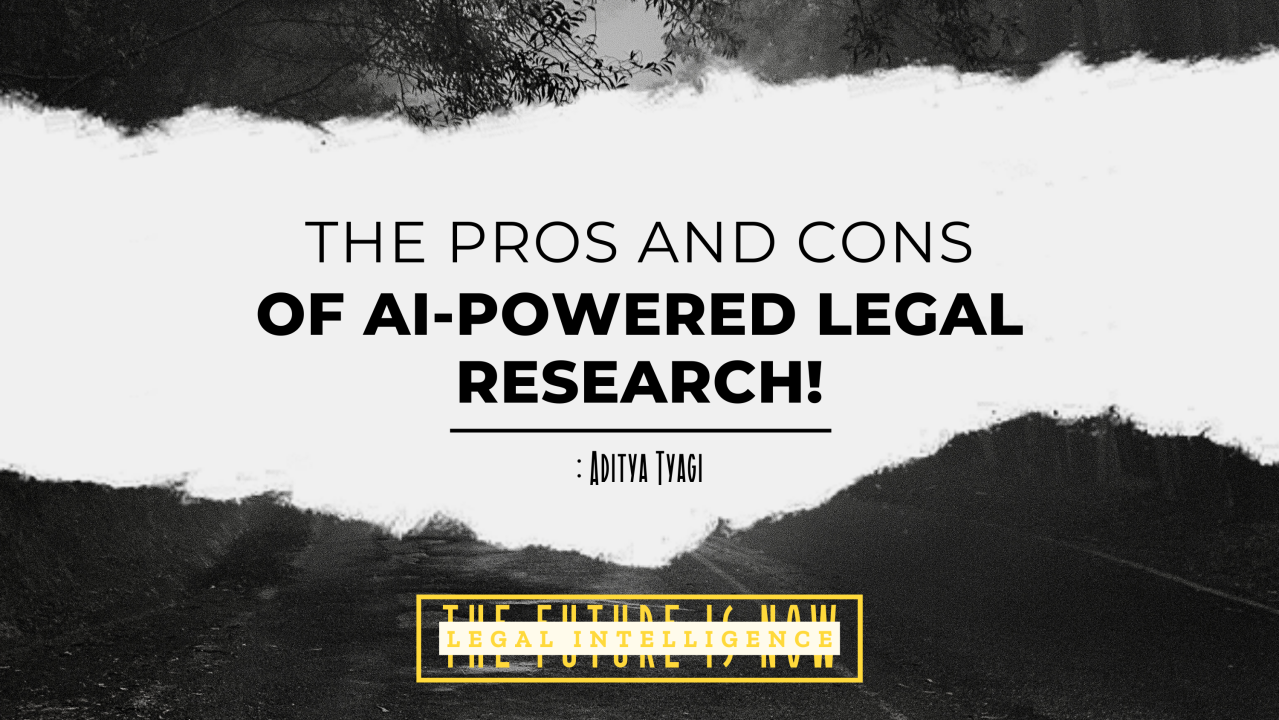AI Decision-Making: Navigating Legal Dimensions
Decoding the Legal Landscape: AI-Powered Decision-Making
As artificial intelligence (AI) increasingly plays a role in decision-making processes across various industries, the legal aspects surrounding this technology come into sharp focus. This article explores the intricate legal dimensions of AI-powered decision-making, emphasizing the need for a robust framework to ensure fairness, accountability, and ethical use.
Understanding AI Decision-Making:
AI systems utilize vast datasets and complex algorithms to analyze information and make decisions. From finance and healthcare to criminal justice and employment, AI-powered decision-making has become pervasive. Understanding how these systems operate is crucial for comprehending the legal challenges they present.
Fairness and Bias in AI Decisions:
One significant legal consideration revolves around the fairness and potential bias embedded in AI algorithms. If not carefully designed and monitored, AI systems can perpetuate or exacerbate existing biases present in training data. Legal frameworks must address issues of fairness to prevent discriminatory outcomes.
Transparency and Explainability:
AI algorithms often function as black boxes, making it challenging to understand how they arrive at specific decisions. Legal aspects demand transparency and explainability to ensure accountability. Users and stakeholders must be able to comprehend the rationale behind AI decisions, especially in critical domains like healthcare or lending.
Data Privacy Concerns:
AI relies heavily on data, raising concerns about privacy. Legal frameworks must navigate the delicate balance between harnessing data for AI-driven insights and protecting individuals’ privacy rights. Stricter regulations are needed to govern the collection, storage, and usage of personal data in AI systems.
Regulatory Frameworks and Compliance:
Governments worldwide are grappling with the need to develop robust regulatory frameworks for AI. Compliance with existing regulations, such as GDPR in Europe or sector-specific laws, becomes imperative. Legal guidelines must keep pace with AI advancements to ensure adherence to ethical standards.
Liability in AI-Induced Decisions:
Determining liability when AI systems make decisions with significant consequences is a complex legal challenge. Should responsibility lie with the developer, the user, or the AI system itself? Legal aspects of liability need to be clearly defined to address the implications of AI-induced decisions.
Ethical Use and Human Oversight:
The ethical use of AI involves ensuring that human values are embedded in decision-making processes. Legal considerations emphasize the importance of human oversight to prevent undue reliance on AI systems. Striking a balance between autonomy and human control is crucial for ethical AI deployment.
International Collaboration on AI Governance:
AI transcends borders, making international collaboration essential for effective governance. Legal aspects of AI-powered decision-making should be harmonized globally to establish common ethical standards, ensuring consistency and preventing jurisdictional challenges.
Education and Training in AI Law:
Legal professionals must adapt to the complexities of AI law. Education and training programs become paramount for lawyers, policymakers, and industry experts to navigate the evolving legal landscape. Establishing a cadre of AI-literate legal professionals is critical for addressing the unique challenges AI poses.
Charting a Responsible Future:
In conclusion, as AI becomes an integral part of decision-making, the legal landscape must evolve to foster responsible and ethical use. Legal aspects surrounding fairness, transparency, privacy, liability, and international collaboration will shape the future of AI-powered decision-making. Dive deeper into the Legal Aspects of AI-Powered Decision-Making at StarMountainResources.com.
The legal considerations in AI-powered decision-making are multifaceted, requiring a holistic approach to ensure that the benefits of AI are harnessed responsibly. With a comprehensive legal framework, society can embrace the potential of AI while safeguarding against its unintended consequences.







